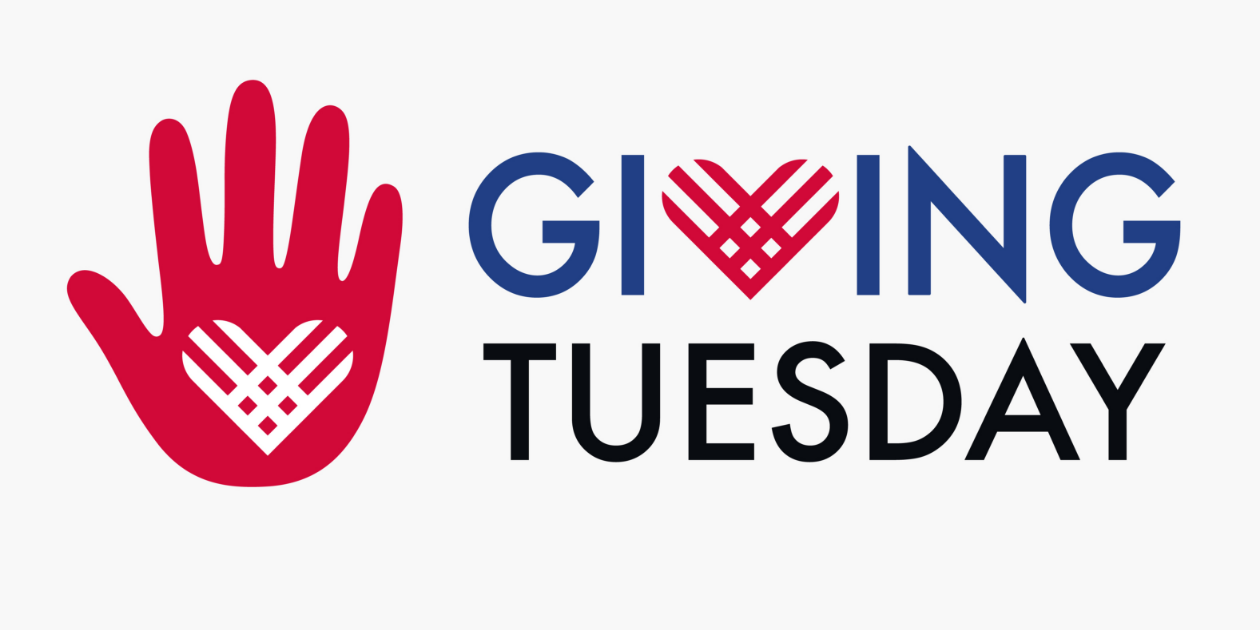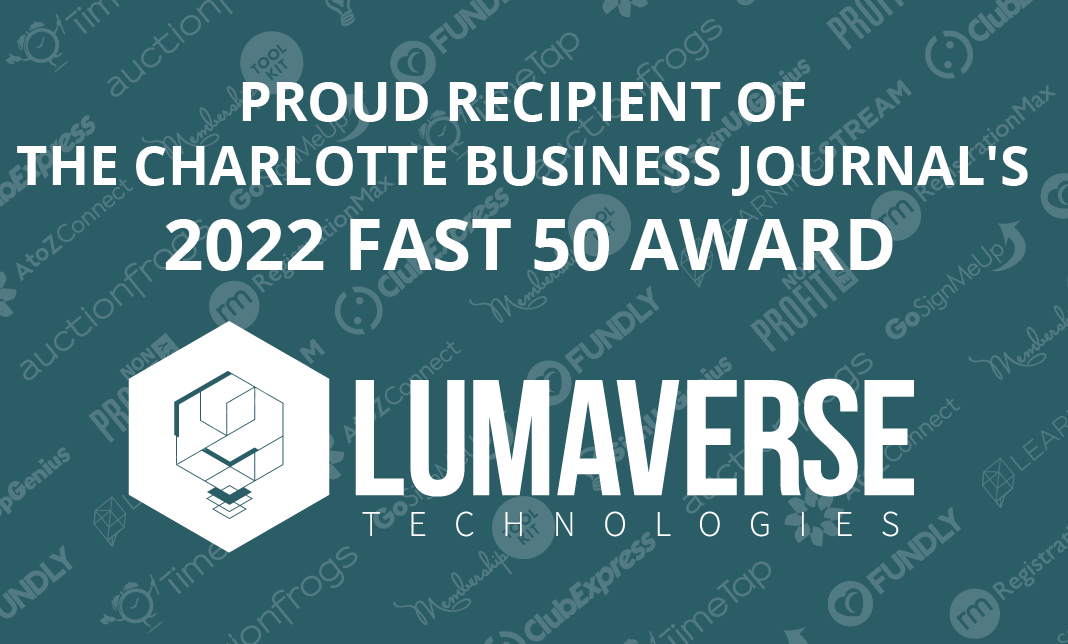
About The Yellow Dog Watershed Preserve
Situated in Michigan’s Upper Peninsula, the Yellow Dog Watershed Preserve (YDWP) is an environmental organization whose goal is to watch over the watershed, advocate for wise use of resources, educate the public, and permanently protect the integrity of the wilderness for future generations. Created by local citizens in 1995, the Preserve acts as a guardian against logging, mining, and other sources of pollution.
The Challenge: “A lot of folks were on spreadsheets until pretty recently,” explains Brian Noell, Administrative Assistant
Despite running a successful operation for decades and having a large base of support, YDWP staff found themselves unable to use their contact data in a meaningful way.
Working from spreadsheets and using outdated software made it difficult to create targeted communications for different groups; so much so that YDWP had never sent an email blast or membership reminder before implementing their nonprofit CRM.
The Solution: “We had the opportunity to do research on our data, because we finally had it all in one place,” said Noell.
Working with the team from Lumaverse, Yellow Dog finalized its data transfer at the end of 2019. Their first project using the new system was a membership drive. With a new CRM in place, they were able to reach out to past members as well as donors who had never been members and invite both groups to explore the benefits of membership.
Since then, they’ve been increasing their use of Lumaverse every month to tackle projects such as:
- Send automated acknowledgement letters to donors and welcome letters to new members
- Send other email and direct mail important to their constituents, such as an announcement about an essay contest winner or a public service announcement about an invasive species alert
- Identify and cultivate prospects for upcoming campaigns including ones for planned giving, 3-year pledges, and monthly donations.
For Noell, the process has been a game changer. Whatever the campaign, YDWP can now pull segmented lists from the CRM, quickly and accurately, and direct specific communication to select groups of people. Members who have never donated may not be the best audience for a capital fundraising campaign; and donors who live out of state may not need to hear about a local event. As Yellow Dog’s contact list grows, it will become even more important that they send each constituent the email or direct mail most likely to get a response.
The Results: “A little bit of automation gives us back time to call a donor, or work on outreach. And every month, using the CRM gets a little easier.”
When it comes to maximizing their CRM, Noell and his colleagues are just getting started. They’re already gearing up for planned giving, fundraising, and board outreach activity. Noell is hoping to use their newly streamlined data to create more targeted lists–ones that let him hone in on people who have donated regularly in the past, who keep in touch with the organization, who volunteer, or who are members of families who have been involved with YDWP for generations.
Implementing the CRM has also made the team think more deeply about how they serve different constituent groups. For example, a donor who lives out of state might want annual updates about the watershed, but not the weekly reminders about local events that a member would expect. With a CRM that tracks engagement and segments constituents, it is possible to do two things: deliver more personalized messages to each person, as well as automate the delivery of bulk communications.
“It’s about longevity,” Noell said. “There are a lot of folks who have surprisingly not entered the waters of CRM. They should know that if they do choose Lumaverse, they’ll have the support they need to work out the issues as they go along.”
Noell is quick to point out that while CRM improves efficiency by connecting information, it’s not the end goal.
A little bit of automation gives us back time to call a donor, or work on outreach. The more efficient I can be, the more I can focus on our people.



